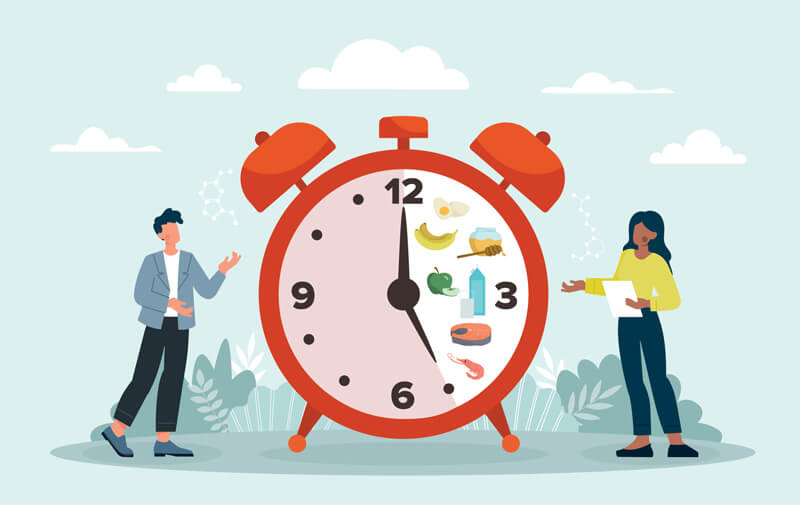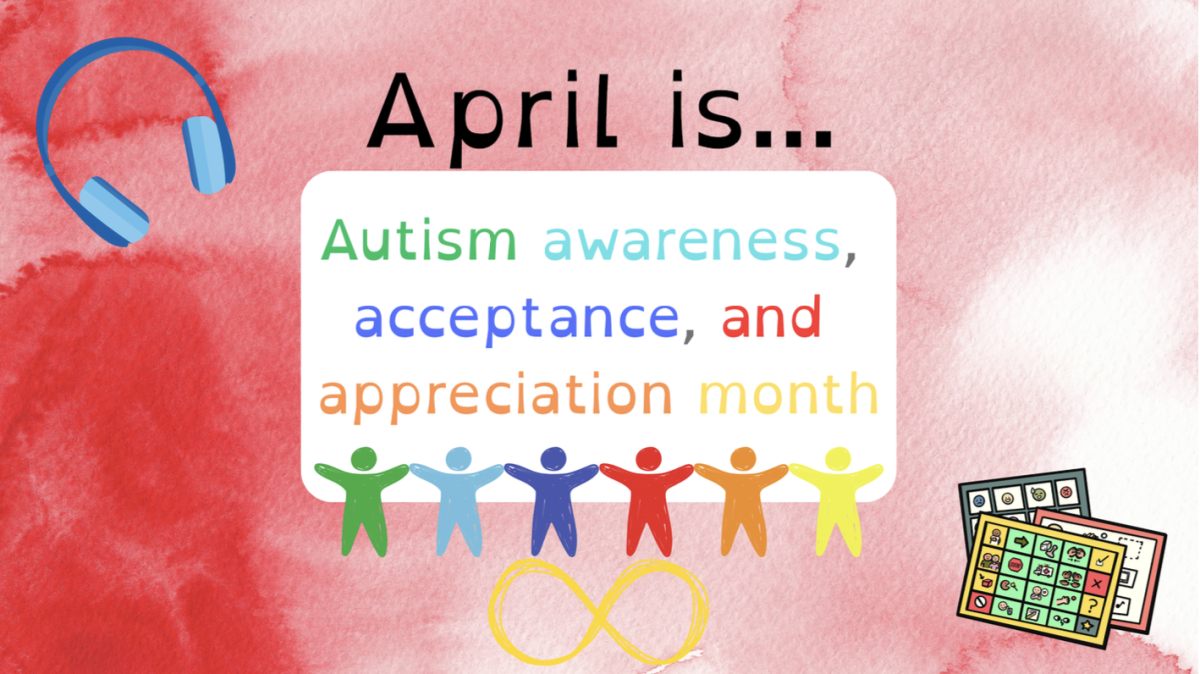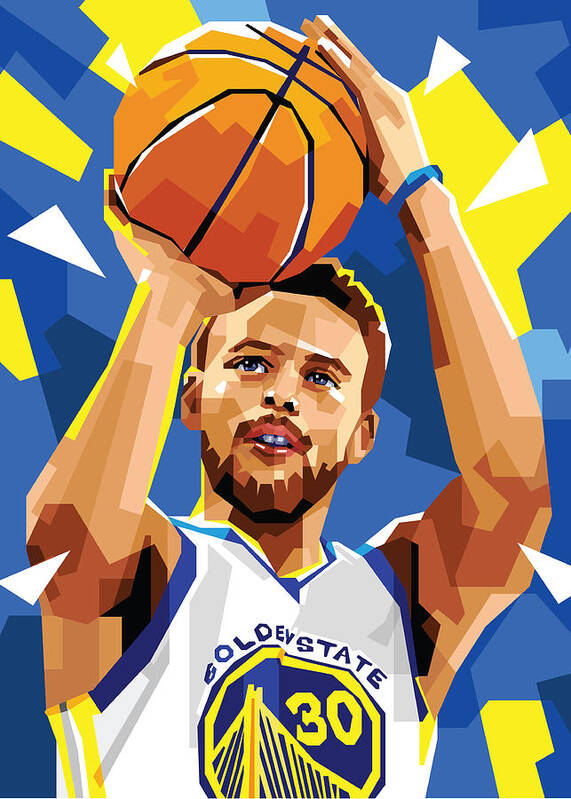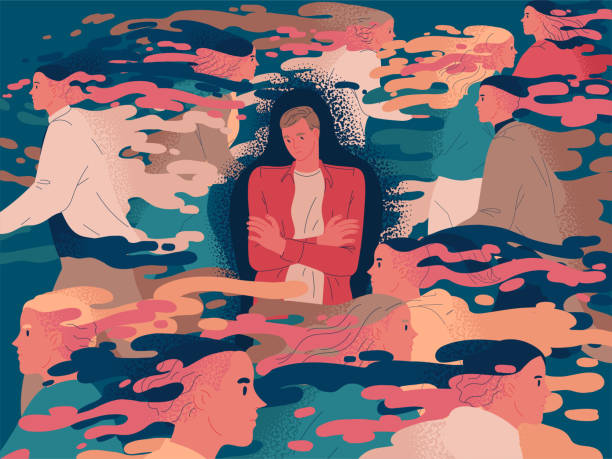It starts with feeling unseen, insignificant, isolated, or maybe just dull. You might be feeling lonely but loneliness is more than just an emotion. According to the Surgeon General of the United States Dr. Vivek H. Murthy, loneliness is a state of mind that can be harmful to individual and societal health. Lacking a social connection collectively in society can become a big issue as a society because being lonely can cause huge health problems over time. Feeling isolated can have the same impact on your health as smoking 15 cigarettes daily.
The risk of premature death can increase by 26% and 29% when individuals are alone and feel disconnected from others. Insufficient social connection can elevate the likelihood of developing heart disease, stroke, anxiety, depression, and dementia. The absence of societal social connections can have a significant economic impact on both individuals and communities. Research indicates that the time spent in isolation has risen from 4.75 hours per day to 5.55 hours per day between 2003 and 2020. This increase may be attributed to a substantial decline in face-to-face interaction among individuals aged 15 to 24, with a decrease of approximately 70% over almost two decades. In 2003, this age group spent around 150 minutes daily with friends, but by 2020, that number had plummeted to a mere 40 minutes. The COVID-19 pandemic has further accelerated the trend of reduced social engagement.
These days, we are surrounded by technologies that we’ve always known can play a role in our social life. According to the Impacts of Technology on Social Connection section in the source, Almost all teenagers and young adults below 65 (around 96-99%), and 75% of adults who are 65 and older, claim that they utilize the internet. It gets worse the number of teens ages 13 to 17 who say they are “almost constantly online has risen drastically since 2015. Specifically, adults 18 and over using social media increased from 5% to 80% between 2005 to 2019. In 2022 reports show that 95% of teenagers 13 to 17 say it’s hard to give up social media. All these changes in technology have pushed away face-to-face communication, taken over all our focus, lowered the standard of our conversations, and even lowered our self-confidence. This leads to FOMO (Fear Of Missing Out), internal conflict, and reduces the social connection in society.
One way to improve your social life and get rid of this lonely mindset is to simply get out more. For example, going to the gym, starting a religion, finding a hobby, community service, coffee shops, etc. The list is almost infinite. If you already have a bit of a social life with others, try being more interactive in your conversations to show the other person or people that you’re interested in the conversation. Try asking more questions when having a casual interaction with others. It could even be a weird question that might brighten up the mood. If you feel like you don’t have any social issues, that’s great. You can make a change socially. A simple “How’s your day” or complimenting someone can make a difference in how someone acts socially. It’ll give a person a feeling of being seen by someone other than themselves. At the end of the day, just be kind to others, and honestly maybe over-friendly with others. It might change someone.




























